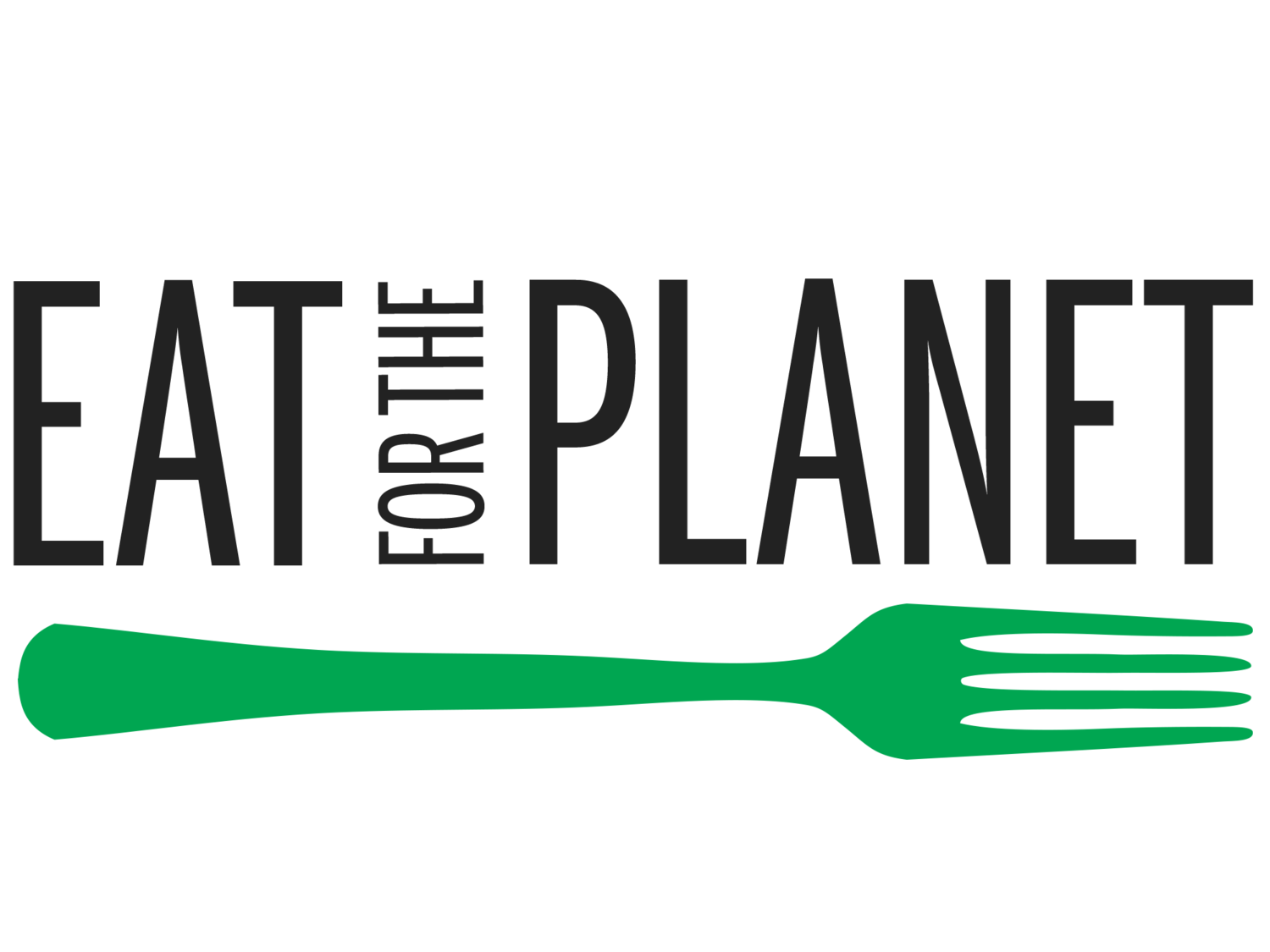Isha Datar
A New Narrative for Cellular Agriculture
Listen Now
Eat For The Planet is available on the following platforms
About This Episode
Isha is Executive Director of New Harvest, a nonprofit research institute that funds open, public cultured meat research. She has been pioneering cellular agriculture since 2009, driven by a passion to see transformative technology create a better world. In 2010, Isha published one of the first scientific papers to ever discuss cultured meat in academic literature. After co-founding Muufri (now Perfect Day Foods) and Clara Foods in 2014, she transferred her founding equity to New Harvest and used it to establish an endowment for cell ag research. In 2015, Isha coined the term "cellular agriculture" — officially creating a category for agriculture products produced from cell cultures rather than whole plants or animals. Isha is a Shuttleworth Foundation Fellow and Director’s Fellow at the MIT Media Lab. Isha holds a BSc. in cell and molecular biology from the University of Alberta and a master's in biotechnology from the University of Toronto.
Topics covered on this podcast
What is New Harvest and how Isha got started in the field of cellular agriculture.
The basics of growing food from cells and the interdisciplinary nature of this new scientific field.
Safety concerns around cell-cultured meat and how they are being addressed.
Should we fear the technology of creating meat from cells?
The current state of of the technology and the industry, including progress made so far, as well as current infrastructure gaps.
Importance of establishing systems of transparency and accountability, standards and norms, shared facilities, and training in this new field.
Potential paths to scale for cell-cultured meat (scientifically and as an industry).
Private vs. Public R&D in this field and why it matters.
Lessons cellular agriculture can learn from the history of GMOs and Monsanto.
Why Isha is optimistic about the future of this technology and its potential to create a re-diversified food system.
Check out all episodes of the podcast here
Follow Nil on Twitter @nilzach

